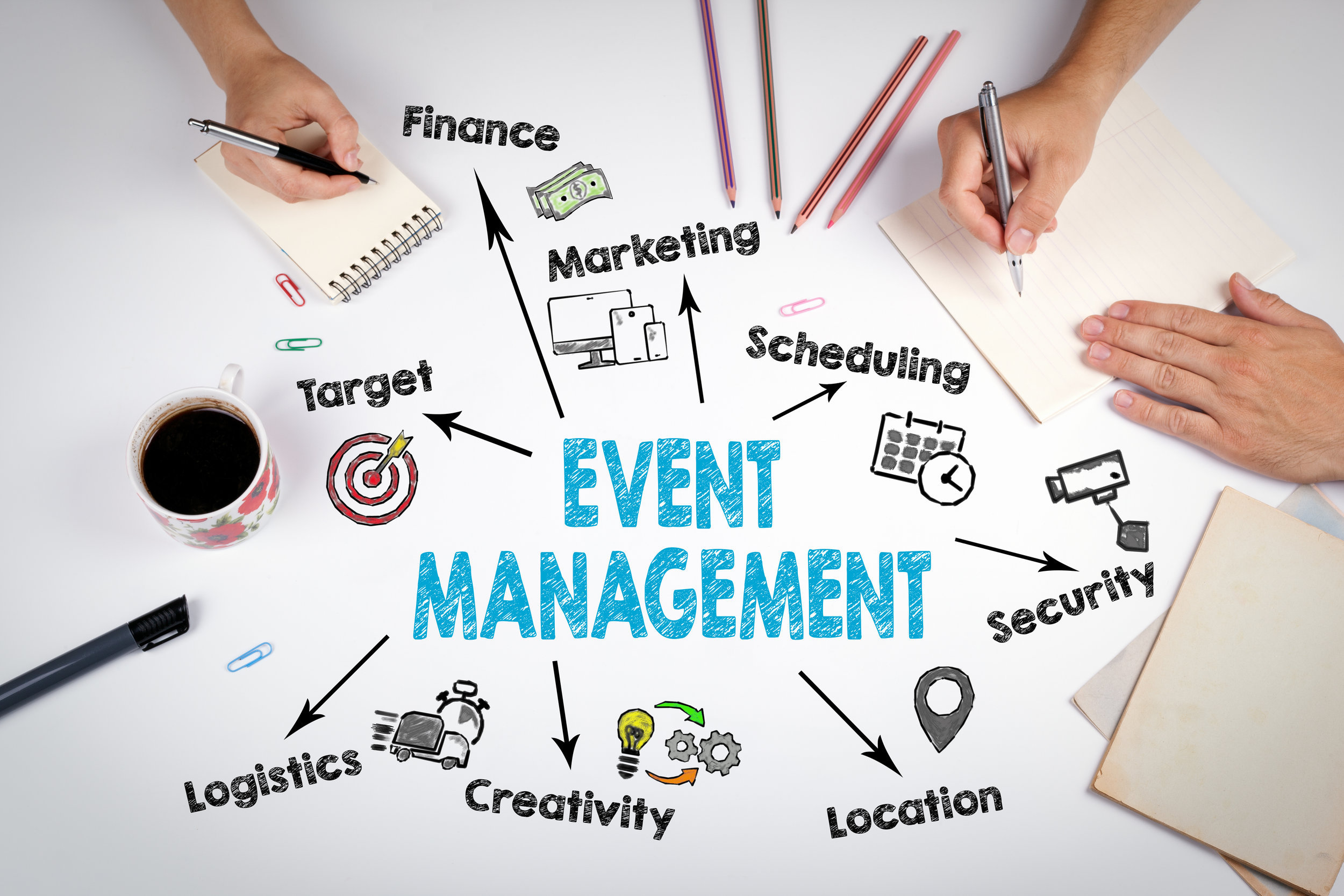Written by NWES Guest Blogger: Victoria Blasich – Freemind Seattle
Event planning is not about hosting parties, well sometimes it is. In fact, there are so many different types of events that not all event planners and managers are the right fit for each one. Take our team at Freemind Seattle, we are a well-oiled machine when it comes to planning and executing events both large and small, at a corporate level. Whether our clients are smaller companies of 100 employees, or huge multinational tech companies tipping over the 100,000 employees mark, we’ve seen and experienced it all. And more importantly, we know what can make or break an event planner. That is why it is so important to understand not only the basics of event planning, but the types of events that need planning. This ensures we have the right skills to own our lane. In other words, don’t promise what you can’t deliver. While we excel at tradeshows and conferences, we know a cowboy themed wedding is better suited for the real wedding professionals.

Here are a few traits that we see in our favorite industry professionals. Do you have what it takes to be a successful event manager? Or maybe we should ask; Do you know what kind of event planner you want to be? Either way, there are basic skills that anyone in the event industry needs to have.
The Basics: Core Skills that Anyone in Event Planning Should Have
Take charge: Events won’t run themselves. Which is why your client hired you. Everything from building your team, to managing volunteers, to leading your hired vendors and greeting your guests. You and your team are on point to make this event a success from the moment you begin brainstorming to the moment your client walks out of the venue for the final time. Every decision should be made with authority. No matter a planned decision or one that is made on the fly, go with your gut. If you know your client will be pleased with the decision, it’s probably the right move.
Time & budget management skills: Events currently are all about doing more with less. Less money, less time, less space. Event managers often face short lead times and have very little room for error (both figuratively and literally). This is especially true onsite at events when planners must strategically use the little time and money they have to fix issues before attendees notice or the issue affects the entire event.
Excellent communication & personal skills: The success or failure of events often depends on the ability of the people involved to communicate effectively. A great event planner will be able to talk to people on the phone, in person, and in writing to gather and disseminate all the necessary information they may need. You may also need to adjust how you communicate to best fit with your client and their needs. Ensure that you always provide a pleasant, approachable and confident tone when communicating via email. It is the one method of communication that we take for granted. And often times fall habit to quick responses rather than a thoughtful reply. Knowing how to anticipate what others will need, even if it’s just bringing your client a glass of water or reminding them to sit, will make a big impact.

Don’t sweat the small stuff: You do not need to be “Type A” or “OCD” to be an event planner. Being “particular” instead of a “perfectionist” allows event planners to roll with the punches and changes that are bound to happen at any event. Attention to detail is necessary, that is true, but sometimes you must let the small stuff go! Remember the overall focus and objective is the most important part of any event. Plus, you are the only one who will notice if a last-minute change was made.
A calm sense of urgency: Things will go wrong, that is a given. Don’t be surprised when something doesn’t arrive or gets delivered to the wrong location, a sign is spelled wrong, something breaks, someone is late…etc. Keep your cool and use your mental toolbox to address and remedy the situation. An event planner can solve huge issues with a smile and keep everyone else calm so as not to cause more stress. When in doubt, just channel some Vanilla Ice… “If there’s a problem, yo’ I’ll solve it”
Additional Traits: Not required, but strongly desired…
Find your balance: Take your job seriously, take your client seriously, take the attendees seriously, but don’t take yourself too seriously…Have fun, make friends! Stay professional; but remember to enjoy yourself. Your stress free attitude will rub off on your clients. Allow yourself some time to laugh and vent and relax after the event.
Build your team: A strong support system will do so much for your mental state and effectiveness in event planning and management. Don’t be afraid to delegate tasks to your team. It will give your team sense of ownership and help you stay on track and sane. Find people that have different skill sets than you, so that your weakness is their strength and vice versa.
Always be learning: The only constant in this world is change. There is new tech, new products, new anything and everything coming out every day! Are you excited? You should be! Don’t get too comfortable or rely on what you’ve done before. A great event planner is always aware and ready to learn a new tool, work with a new team and try something new.
Freemind Seattle is a boutique marketing agency focused on creating distinctive marketing campaigns and impactful event strategy to help you connect with your customers in cool and unusual ways. We’ve managed events from small corporate seminars from 100 people to vast industry tradeshows with over 30,000 attendees. We craft our approach in-house and can work with any team of vendors to build a cohesive and effective event.
Melissa Bathum & Kori Monson – Partners at Freemind Seattle
Victoria Blasich– Event Marketing Manager





